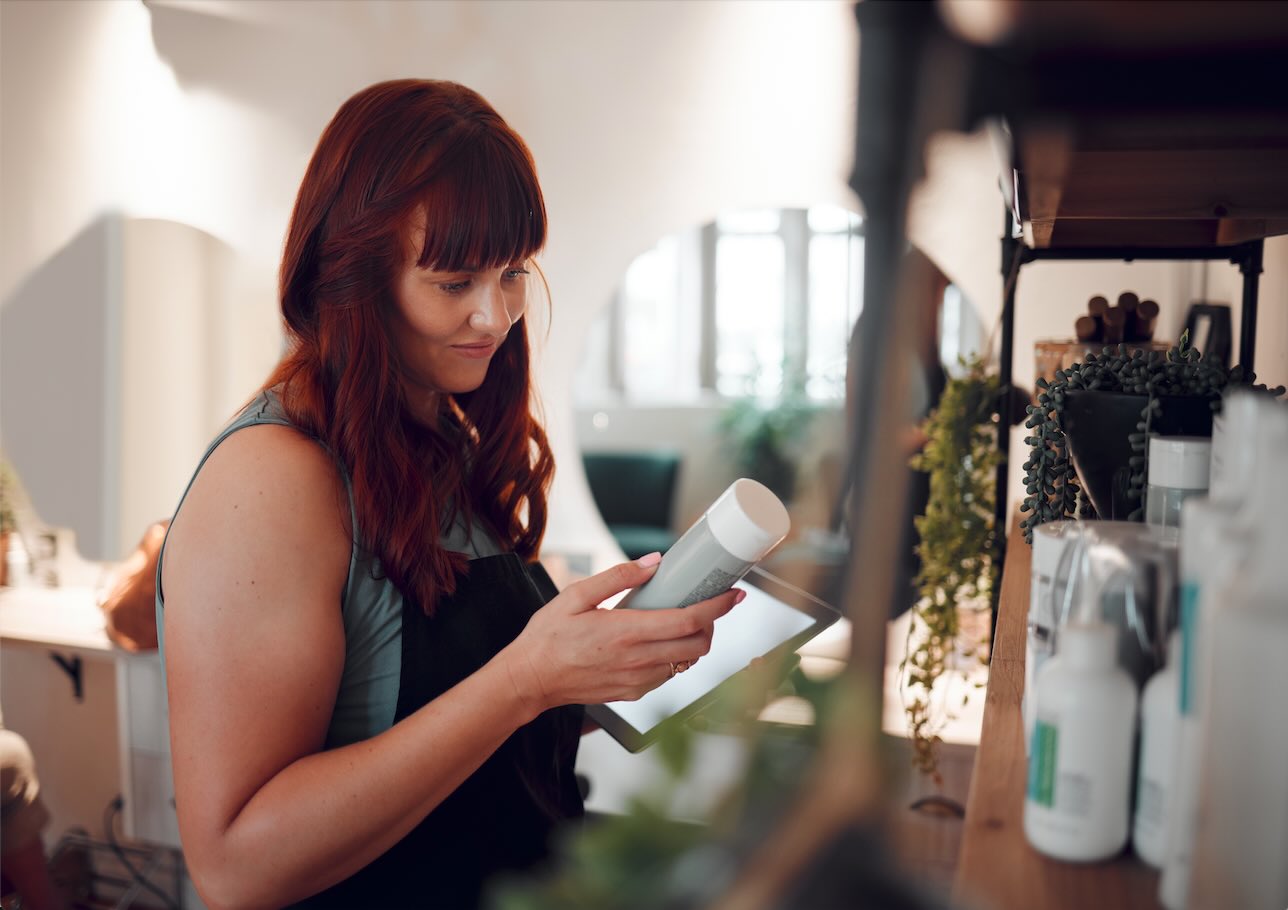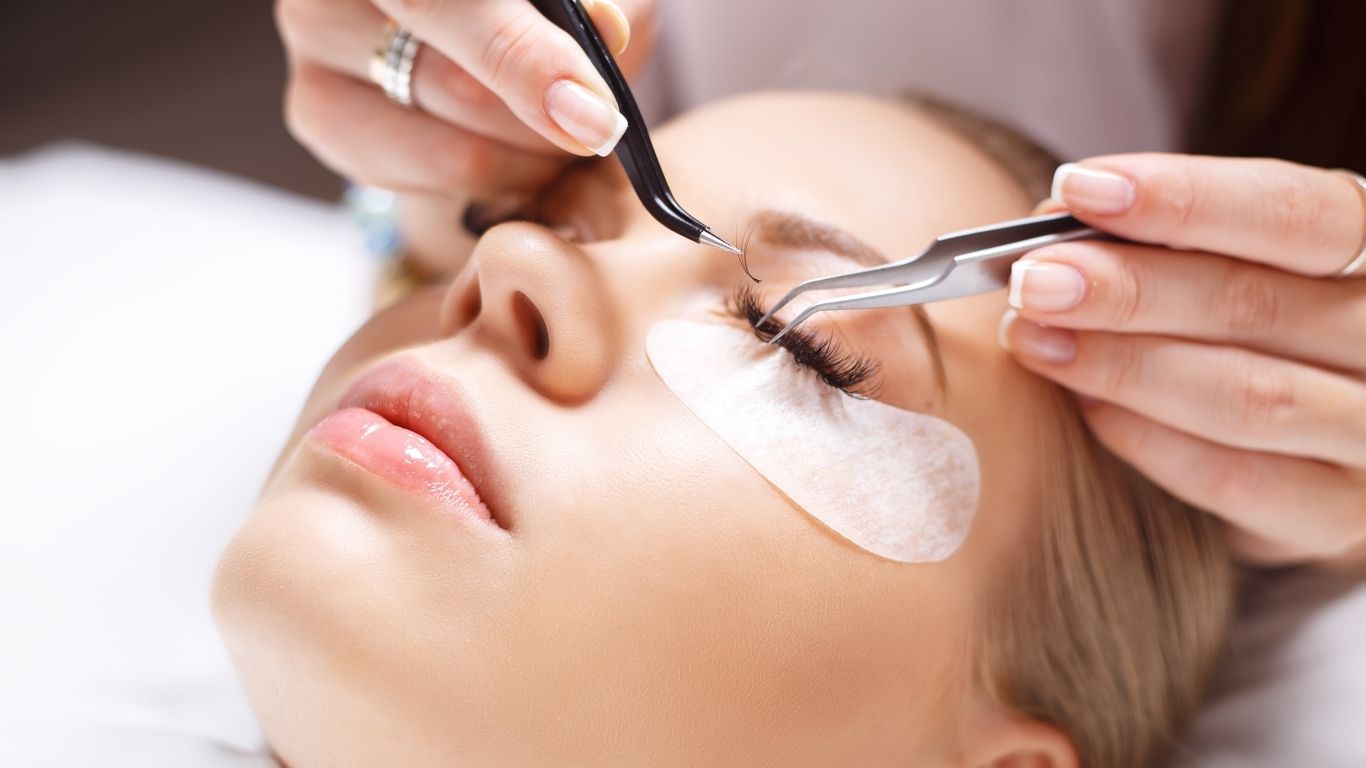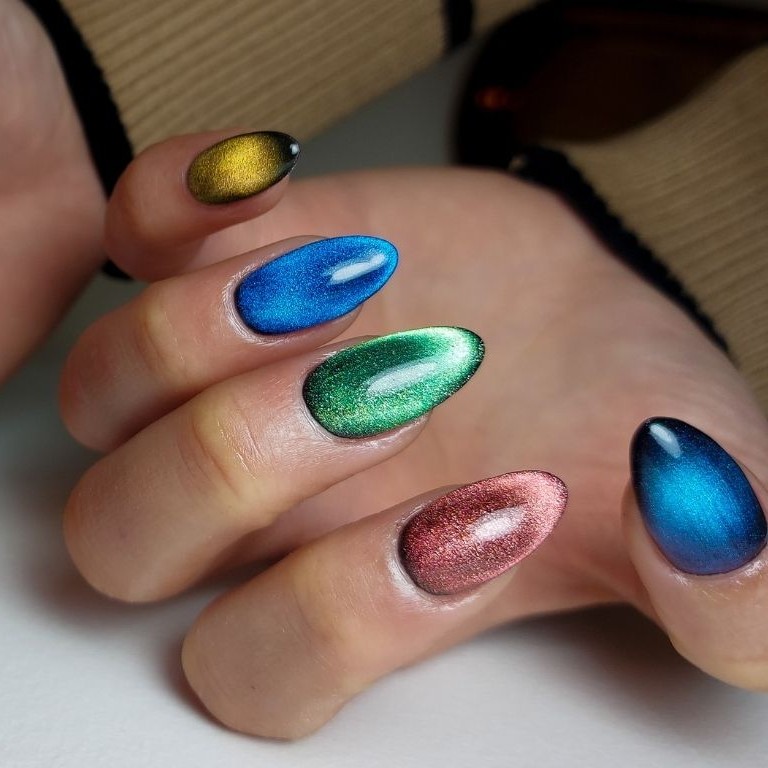Do minimum opening orders discriminate against the growing number of solo therapists in the beauty industry? Katie Onyejekwe explains why she thinks it's time for brands to change.
As a solo aesthetician, I recently shared an open letter on social media addressing an issue that’s been quietly frustrating many of us in the industry: the increasingly high minimum opening orders required to use professional skincare brands.
This letter was written on behalf of The Facial Forum, a community I created of over 80 solo aestheticians and facialists across the UK and beyond who are united in our passion for skin health and dedication to elevating client care within the facial therapy industry.
The response was immediate, with fellow aestheticians echoing the same concern and sharing their own experiences of feeling shut out by systems that don’t reflect how solo practices operate today.
Despite the volume of support and engagement from fellow professionals and industry publications, only one brand has responded with a willingness to better understand the issue and how they might be able to help.
While I’m grateful for that conversation, the overall silence from the wider industry, including brands that have engaged with a like but failed to comment, has been disappointing.
The current model many brands separate under is outdated, exclusionary and misaligned with the evolving reality of the skincare industry. It’s time we talked honestly about what needs to change.
With minimum opening orders required to partner with professional skincare brands, often ranging from £1,000 to £3,000+, these minimums are not just unrealistic for solo therapists, particularly those just starting out or working part time, they are exclusionary.
Especially when you add in the other costs involved in launching a business and the equipment needed.
These minimums assess a therapist’s worth based on their purchasing power, not on their qualifications, skills or experience, the very qualities that determine the standard and integrity of professional facial services.
Brand integrity can and should be protected by ensuring therapists are properly qualified, operate professionally, and uphold a high standard of service but none of this requires a prohibitively high initial spend.
We acknowledge and appreciate that some brands have introduced flexible payment plans to support solo practitioners. However, for many of us, the core issue isn’t solely how we pay, it’s the size of the opening order itself.
When £1,000- £3,000+ of stock is more than what a solo practitioner needs or can realistically move through, the barrier remains, regardless of how it’s financed.
Solo practitioners operate differently. We work independently and many of us also work part-time, moving through stock slower than a salon or clinic with multiple therapists. We may also want to test a brand with a smaller kit while building clientele. Large minimum orders also risk products with shorter shelf lives expiring before they can be used.
These are responsible and necessary business decisions, and do not compromise on the quality or the integrity of our services.
We also understand that for many brands, the minimum order covers the costs of education, but we would also welcome the opportunity to access this at a cost, if it meant a more flexible route into working with your brand.
Many of us are more than happy to invest in learning, but we ask that this be decoupled from large, mandatory stock investments.

With over 13 years industry experience, Katie Onyejekwe is a self-employed aesthetician and skincare educator. She specialises in bespoke facials and skincare education, helping individuals and brands navigate the world of skincare with clarity and expertise. Working both online and IRL, Katie provides facials from her private suite, combining results-driven actives with hands-on techniques and tools to enhance skin health. She also delivers masterclasses, product training, videos, and written content that educates and empowers.



